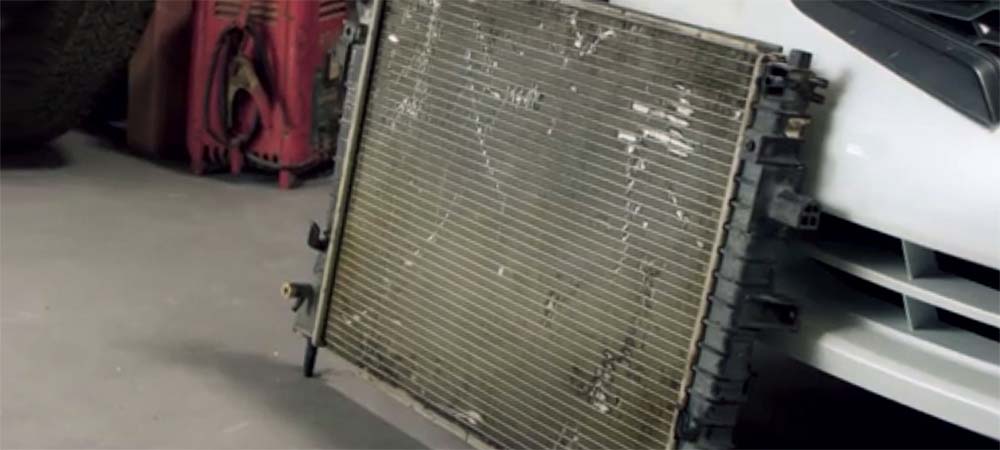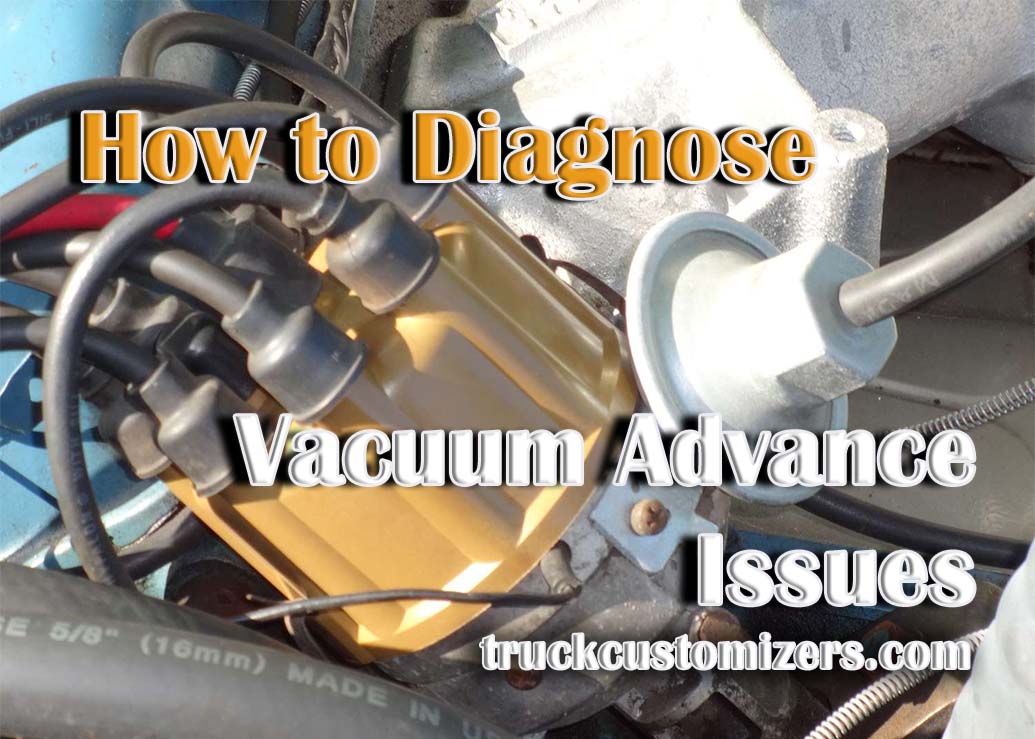The radiator is a critical component of a vehicle’s cooling system, responsible for dissipating heat generated by the engine. A cracked radiator can lead to numerous problems, including engine overheating and significant damage to other components. In this article, we will explore the common causes of radiator cracks, how to identify them, and preventative measures you can take to avoid these issues.
Common Causes of Radiator Cracks
Several factors can contribute to radiator cracks, and understanding these causes can help prevent potential problems. Manufacturing defects may lead to weak spots in the radiator, making it more prone to cracking. These defects are often challenging to detect but can become evident over time as the radiator experiences stress from regular use.
Corrosion is another factor that can cause radiators to crack. When the coolant mixture is imbalanced, or there is a lack of proper maintenance, the radiator may corrode from the inside, weakening its structure and ultimately leading to cracks. Additionally, excessive pressure within the cooling system can cause cracks, especially if the pressure exceeds the radiator’s capacity to handle it. This excess pressure can be due to a faulty pressure cap or a clogged system.
Vibrations and impacts from daily driving can also lead to radiator cracks, particularly in vehicles with insufficient shock absorption or mounting. Lastly, overheating can cause cracks in the radiator. When the engine overheats, it can generate intense heat that can warp the metal, leading to cracks.

Identifying the Signs of a Cracked Radiator
Early detection of radiator cracks is essential to prevent further damage. Signs that your radiator may be cracked include coolant leaks, fluctuating temperature gauge readings, a persistent sweet smell, or steam coming from the engine bay. If you notice any of these symptoms, it’s essential to inspect your radiator and cooling system for potential issues. Choosing the best Cummins radiator for your specific engine type can also play a significant role in avoiding radiator cracks, as a high-quality radiator will be more resistant to these common issues and ensure optimal performance for your vehicle’s cooling system.
Strategies to Prevent Radiator Cracks
There are several measures you can take to prevent radiator cracks and ensure the longevity of your vehicle’s cooling system. Regular maintenance is crucial, including periodic coolant flushes and replacements. Using the appropriate coolant mixture, as recommended by your vehicle’s manufacturer, can help prevent corrosion and keep your radiator in optimal condition.
Inspect your cooling system for any signs of wear or damage, and replace worn or damaged components as necessary. Keep an eye on your vehicle’s temperature gauge, and address any overheating issues promptly. Additionally, ensure that your vehicle’s mounting and shock absorption systems are in good condition to minimize vibrations and impacts on the radiator.
When to Consult a Professional
If you suspect that your radiator is cracked or damaged, it’s essential to consult a professional mechanic for an accurate diagnosis and appropriate repairs. Attempting to repair a radiator yourself can be challenging and potentially harmful to your vehicle if done incorrectly. A professional will have the necessary tools and expertise to address the issue effectively and safely.
Conclusion
Understanding the causes of radiator cracks, detecting early signs of damage, and taking preventative measures can help you avoid costly repairs and extend the life of your vehicle’s cooling system. Regular maintenance and prompt attention to any issues are crucial to keeping your radiator in optimal condition. Remember to consult a professional if you suspect your radiator is cracked or damaged, as they can provide the appropriate expertise and solutions to ensure your vehicle remains safe and operational.
In summary, radiators are essential for maintaining the proper functioning of a vehicle’s cooling system. By understanding the common causes of radiator cracks, such as manufacturing defects, corrosion, excessive pressure, vibrations, impacts, and overheating, you can take the necessary steps to avoid these issues. Identifying the signs of a cracked radiator, such as coolant leaks, fluctuating temperature gauge readings, a sweet smell, or steam from the engine bay, can help you address potential problems early on.
Preventative strategies like regular maintenance, using the appropriate coolant mixture, inspecting the cooling system, and addressing overheating issues promptly can go a long way in prolonging the life of your radiator. If you suspect a cracked radiator or any other cooling system issue, always consult a professional mechanic to ensure the best possible care for your vehicle. By taking these steps, you can maintain a healthy and efficient cooling system, enhancing your vehicle’s performance and reliability.



